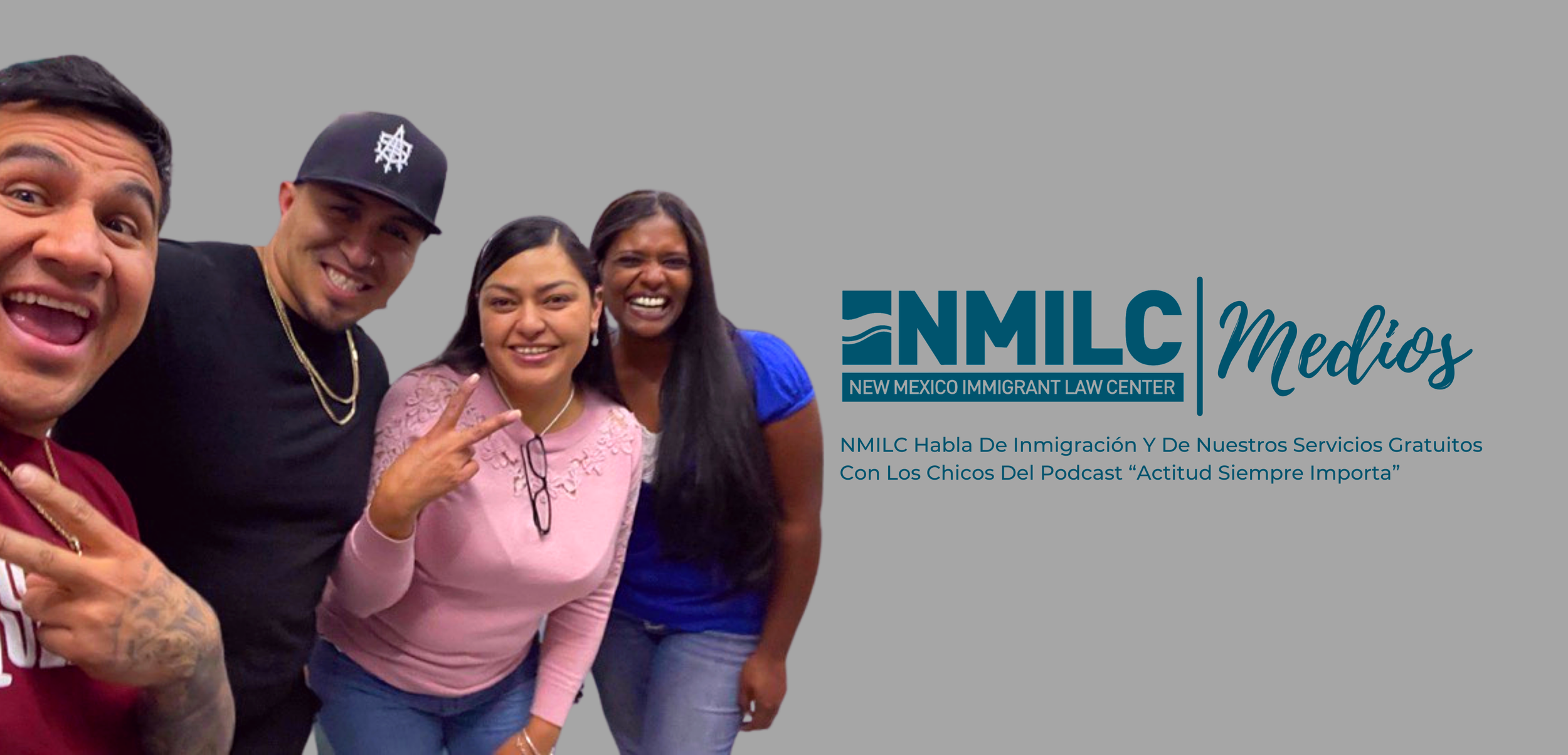
DACA
DACA
Deferred Action for Childhood Arrivals, better known as DACA, is an immigration policy that began in 2012 and provided a 2-year deferment from deportation actions, as well as eligibility for a work permit, for immigrant youth. DACA has enabled approximately 800,000 young adults to work lawfully, attend school, and plan their lives without the constant threat of deportation.
Since its inception in 2012, DACA has allowed over 800,000 young immigrants to remain with their families and communities in the United States. Although it’s widely popular—a majority of Americans across the political spectrum support a pathway to citizenship for Dreamers—under the Trump Administration, DACA and its beneficiaries had a target on their back. Even now, DACA and DACAmented immigrant continue to be under attack.
After the Trump administration announced the program’s termination in 2017, a New York federal judge ruled that the Trump administration must fully restore DACA on December 4, 2020. On December 7, 2020, NMILC began screening low-income, first-time applicants for DACA, following the public notice published by the Department of Homeland Security (DHS) that restored the program to its pre-2017 form.
The program received another major setback on July 16, 2021, with a negative ruling issued by District Court Judge Hanen in Texas v. U.S. Currently, if you have DACA or have had DACA within the last year, you can file an application for renewal. USCIS will continue to process and adjudicate DACA applications from applicants who have DACA or have had DACA within the last year (365 days). If you have never had DACA, or your DACA expired over a year ago, USCIS will accept your initial DACA application but cannot approve it until the legal processes play out.
On April 12, 2022, U.S. Citizenship & Immigrations Services (USCIS) announced that Deferred Action for Childhood Arrivals (DACA) renewal forms can begin to be filed online. Currently, USCIS is only offering this option to those who already have DACA. Those filing online must also submit an application for employment authorization (I-765 form) alongside the DACA renewal form. NMILC is currently screening for DACA eligibility, even for those who have never had DACA or who had DACA but whose DACA has expired for a year or longer. In addition, our team continues to help with applications for DACA renewal.
Benefits of DACA: Work opportunity and stability
DACA allows recipients to put their skills and abilities to full use and gives them the opportunity to enter the formal labor market. With work authorization, DACA beneficiaries have access to better and more stable jobs, with better benefits. DACA offered beneficiaries a greater sense of stability, with more than 83 percent of DACA recipients surveyed reporting that increased earnings helped them become financially independent.
DACA recipients—who, on average, arrived in the United States at the age of 7 and have lived here for over 20 years—have spent the majority of their lives in the United States. They are integrated into families and communities, and many have formed families of their own. An estimated 254,000 U.S. citizen children have a parent protected under the program, and 1.5 million people live with DACA recipient family members.
DACA Renewals
NMILC is currently screening DACA-eligible youth who are under 18 years of age for initial applications. In addition, our team continues to help clients with DACA renewals. If you need help with your DACA renewal or initial application, sign up for our pro se DACA remote workshop by calling our reception desk at 505-247-1023.








